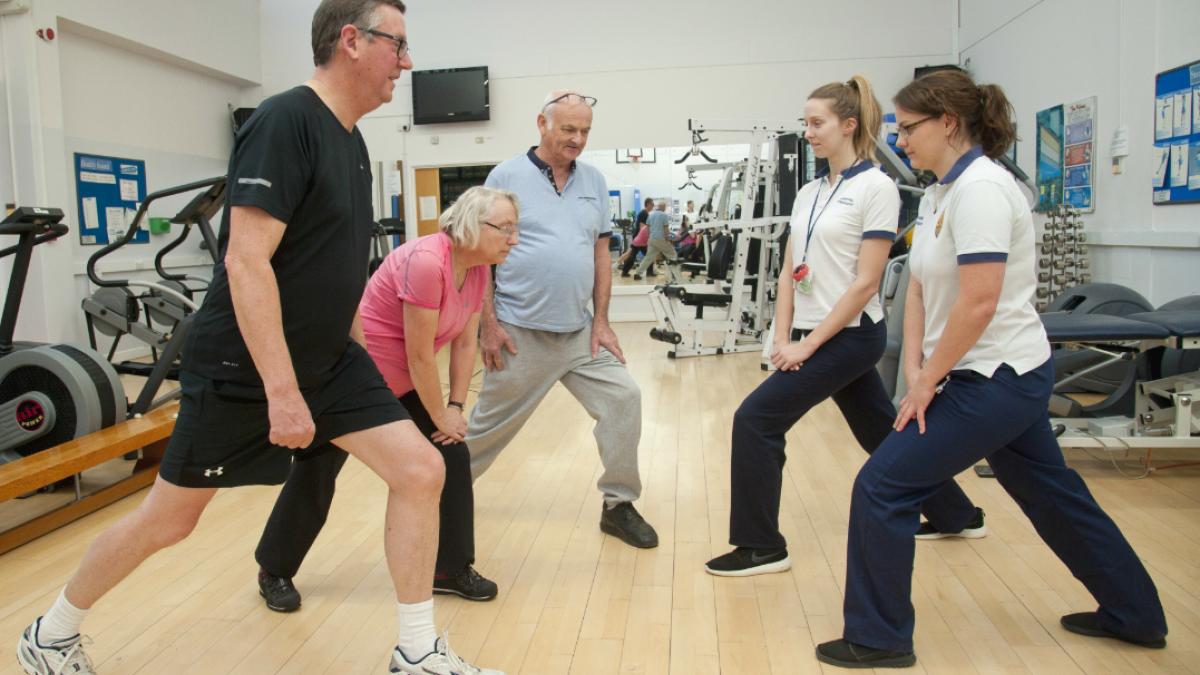The CSP has responded to the Department of Health and Social Care’s call for evidence for the development of a new 10 year cancer plan for England.

The CSP worked closely with the professional network, the Association of Chartered Physiotherapists in Oncology and Palliative Care (ACPOPC) to produce a joint response.
ACPOPC chair Emily Stowe said: ‘This call has provided us with an opportunity to influence the future of cancer care in England at the earliest stage of the NHS’s planning.

‘We have been able to highlight the importance of rehabilitation at every stage of an individual’s cancer journey, involving specialist, generalist and non-registered members of the physiotherapy workforce.
‘We have also stressed the importance of creating a national data set on cancer rehabilitation to enable effective information sharing and comparison of services.
‘We look forward to further input into the cancer plan at future stages.’
The CSP said the non-registered workforce is critical to delivering prehabilitation and rehabilitation programmes for people living with and beyond cancer and supporting ongoing self-management.
We also recommend ensuring quality standards for all cancer services include access to physiotherapy and rehabilitation services from diagnosis onwards, during and after treatment and in palliative care.
This needs to include a national rollout of prehabilitation services, said the CSP/ACPOPC submission. There is a need to increase capacity of the cancer rehabilitation workforce and community support.
The DHSC's recommendations include ensuring patients have access to non-cancer specialists, such as musculoskeletal (MSK) physios in primary care, who are trained to spot red flags that could be indicators for cancer or masquerade as symptoms of MSK conditions.
CSP policy lead Rachel Newton said: 'The difference rehabilitation and prehabilitation makes to the outcomes for people with cancer is beyond a doubt, with physiotherapists and support workers playing a critical role to play in delivering this.
But provision is patchy and inconsistent, which means patients are losing out.
'The CSP was pleased to team up with ACPOPC to send evidence on this to civil servants working on the new 10 year cancer strategy.'
10 year cancer plan call for evidence
Number of subscribers: 3



































